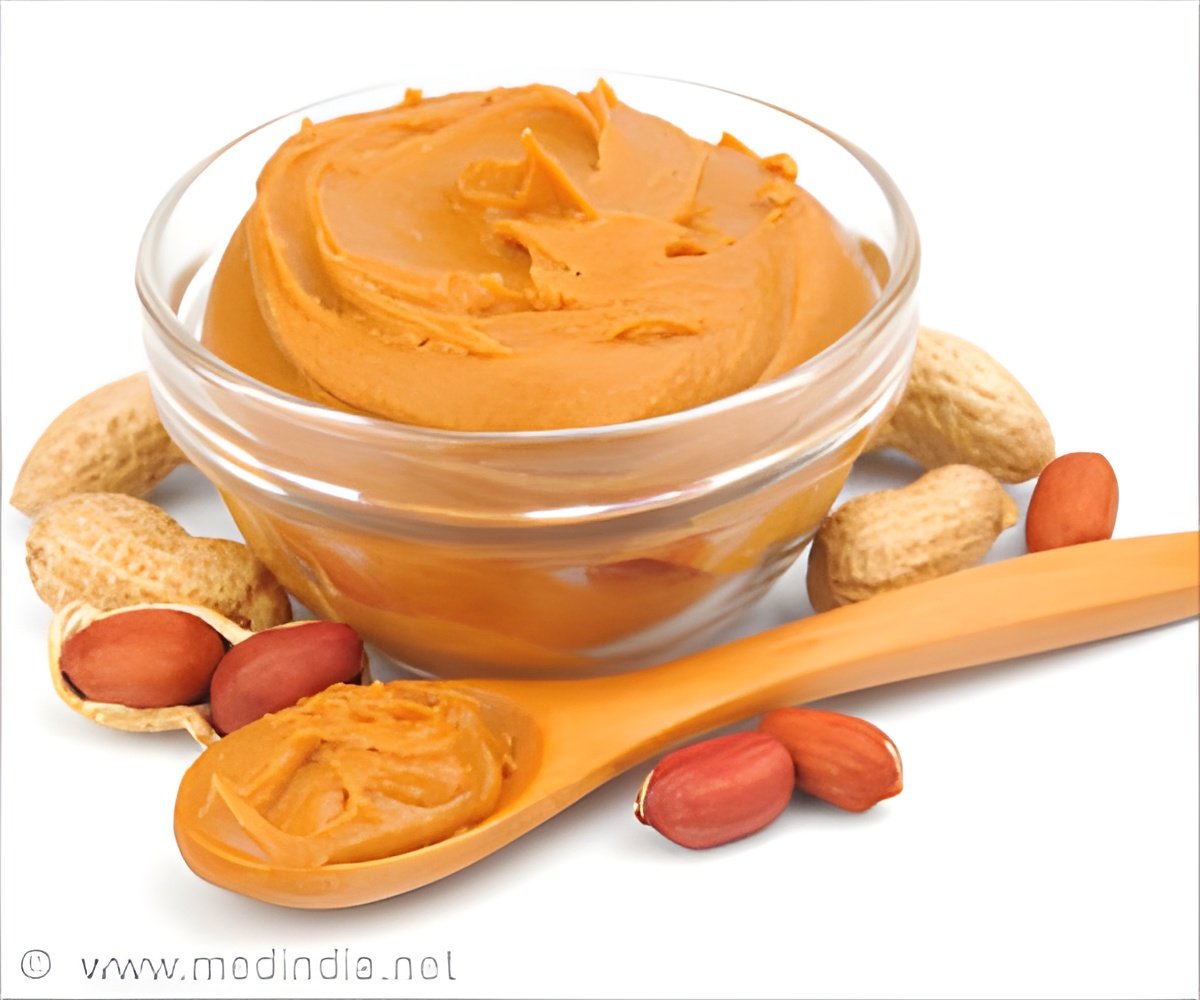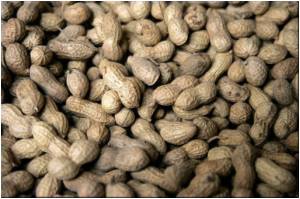Peanut clinics will test 400 infants and compare the incidence of peanut allergy among children exposed early and those exposed later.

‘Exposure to peanuts as early as four months may reduce the risk of developing an allergy later in adulthood.’





"Peanut allergy is the most common cause of severe food allergy and is extremely distressing and potentially deadly," WA Health Minister John Day said in a statement. The risk of developing peanut allergy can be reduced if children are exposed to peanut as early as four months. Early exposure is known to reduce the risk of developing the allergy in later adulthood.
Only 20 percent of the children at high risk of developing peanut allergy are being exposed at home within the optimal time frame.
"Unfortunately, parental apprehension at introducing peanuts is delaying exposure for many children," said Day.
"Parents have been in some cases very reluctant to allow their children to eat peanuts, and unfortunately that seems to have in some cases the perverse effect of meaning they're more likely to have a very serious negative reaction later in life," he said.
Advertisement
The project will be led by Dr Michael O'Sullivan, a consultant immunologist with Princess Margaret and Fiona Stanley hospitals, and is expected to start in March.
Advertisement














